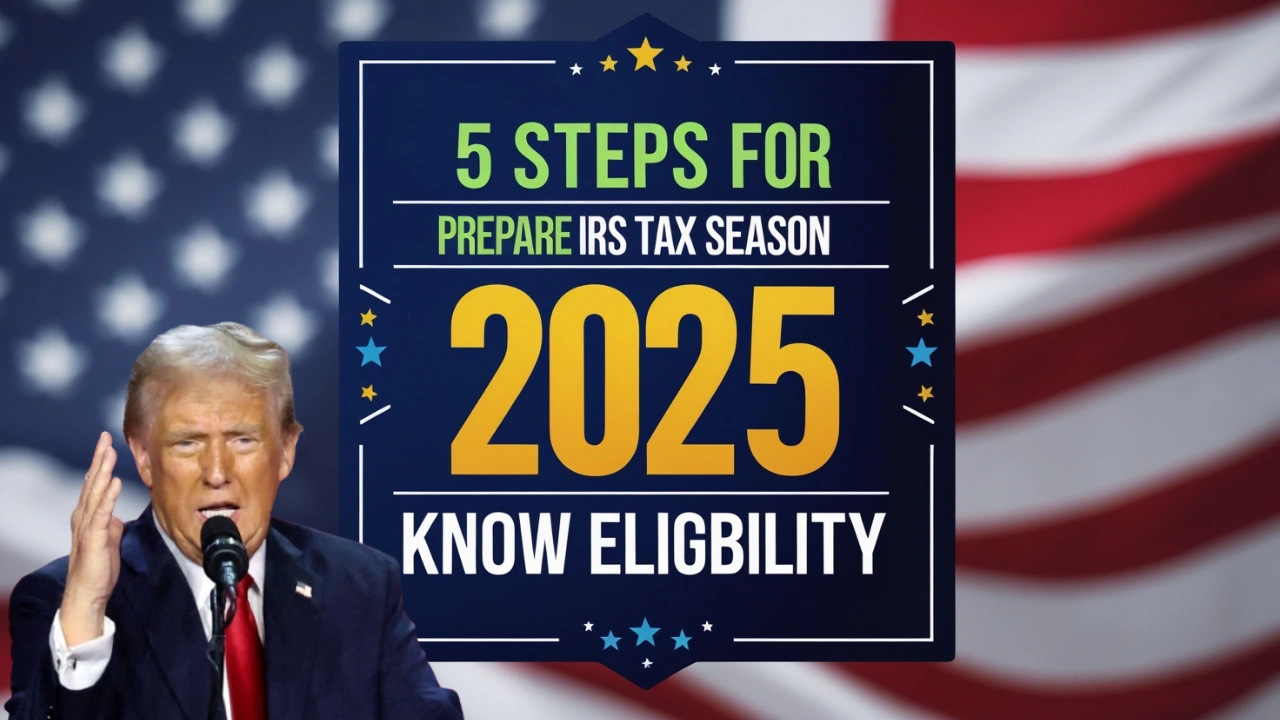Tax season is here again! Preparing ahead for the 2025 IRS tax season can help you avoid unnecessary stress and ensure a smooth filing process. Whether you’re employed, self-employed, or running a business, staying informed about key deadlines, available tax credits, and essential documents is crucial. This guide outlines five practical steps to help you confidently navigate this year’s tax season.
The earlier you start organizing, the better equipped you’ll be to file error-free returns and maximize your refund. Follow these steps to make the process less daunting and more efficient.
1. Understand Your Eligibility for Tax Credits and Deductions
Tax credits and deductions can significantly reduce the amount of tax you owe—or even increase your refund. Before filing your return, take time to review the benefits you may qualify for.
Common Tax Credits and Deductions for 2025:
- Earned Income Tax Credit (EITC): Designed for low-to-moderate-income earners, this credit offers up to $6,935 for families with three or more qualifying children. It’s refundable, so you could receive a refund even if you don’t owe taxes.
- Child Tax Credit (CTC): Families with children under 17 may qualify for up to $2,000 per child, with $1,500 being refundable for eligible taxpayers.
- Education Credits: Students or parents who paid qualifying educational expenses can claim the American Opportunity Credit (up to $2,500 per student) or the Lifetime Learning Credit (up to $2,000 per tax return).
- Student Loan Interest Deduction: Deduct up to $2,500 of interest paid on student loans in 2024 to reduce your taxable income.
- Saver’s Credit: Contributing to a retirement account like an IRA or 401(k) may qualify you for this credit, offering up to $1,000 (individual filers) or $2,000 (joint filers).
Pro Tip: Visit IRS.gov for the latest eligibility criteria, as these figures and requirements are subject to change annually.
2. Organize Your Financial Documents
Staying organized is key to avoiding filing delays or errors. Gather your financial documents as early as possible to simplify the process.
Checklist of Key Documents:
- W-2 Forms: Provided by your employer, these show your total income and taxes withheld.
- 1099 Forms: If you’re a freelancer or contractor, these detail income from non-employee work or investments.
- 1095 Forms: Proof of health insurance coverage for 2024.
- Receipts for Deductions: Keep receipts for expenses like charitable donations, medical costs, and mortgage interest.
- Bank Statements and Investment Records: If you have income from stocks or savings accounts, these documents are crucial.
- 1098-E (Student Loan Interest): For deducting paid interest on education loans.
Tip: Double-check all forms for accuracy before filing to avoid mistakes that could delay your refund.
3. Know the IRS Deadlines
Staying aware of important tax deadlines is essential to avoid penalties and interest charges.
Key 2025 Deadlines:
- Tax Filing Deadline: April 15, 2025. If this date falls on a weekend or holiday, the deadline is extended to the next business day.
- Payment Deadline: Even if you file an extension, any taxes owed must be paid by April 15 to avoid penalties.
- Extension Filing Deadline: October 15, 2025, if you submit a formal extension request.
Tip: File for an extension if needed, but remember it only extends your filing time—not your payment deadline.
4. Budget for Taxes (If Self-Employed)
If you’re self-employed or earn income not subject to automatic withholding, set aside funds throughout the year to cover your tax obligations.



